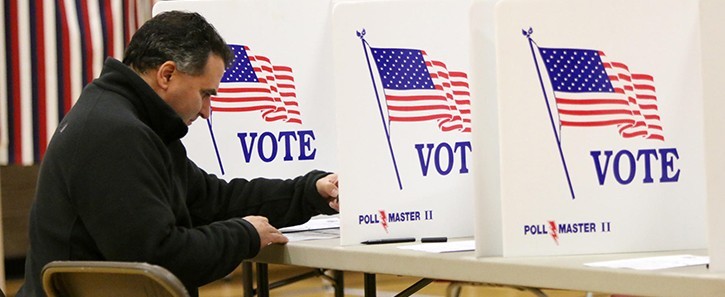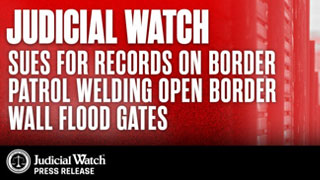

Hundreds Vote Illegally in North Carolina after Court Bans Election Integrity Law


Less than a year after a federal appellate court sided with the Obama administration to strike down North Carolina’s election integrity reforms, a state audit reveals that hundreds of votes were illegally cast by felons and non-citizens in just one election. Voter impersonation, double voting and irregularities in absentee ballots sent via mail also tainted the election, according to the investigation conducted by the North Carolina State Board of Elections (NCSBE). The probe analyzed records from the 2016 general election.
State auditors found that about 500 ineligible people voted in 2016, more than 440 of them felons. Dozens of non-citizens from 28 different countries also cast ballots, the probe found. “A number of non-citizens said they were not aware that they were prohibited from voting,” the report states. “Interviews and evidence show that some non-citizens were misinformed about the law by individuals conducting voter registration drives or, in at least one document case, by a local precinct official.” North Carolina authorities are also investigating 24 substantiated cases of double voting in 2016. “Some violators appear to be ‘testers’ trying to find holes in the system,” according to the report. “Others claim property ownership in multiple jurisdictions should allow them to vote in each, and others brush past the law to support their candidate by any means necessary. Additionally, a case that initially appears to be a double voter—an individual who votes twice—may actually be a case of voter impersonation—an individual who casts a ballot using the identity of another person.”
The NCSBE concedes that there are probably many more cases of double voting but identifying them is difficult and there’s no reliable method to consistently find them and other types of election fraud. “While no audit exists to catch all possible cases of voter impersonation, double voter or deceased voter audits may detect such cases,” the report says. This brings up another alarming point; if duplicate registrations are voted, there’s no way to tell if that’s fraudulent voting by a single individual—which everyone assumes—or impersonation fraud. Even in the North Carolina probe, we’ll never know if that’s the whole number. “These kinds of stories are a feature of every election and that’s despite the fact that most states often don’t even track these crimes in a systematic way,” said Robert Popper, a former Deputy Chief of Justice Department Voting Section who heads Judicial Watch’s Election Integrity Project. “Some states admit they don’t track them at all,” Popper added.
Judicial Watch has been heavily involved in the North Carolina case and in 2015 filed an amicus curiae brief with the U.S. Supreme Court in opposition to a lower court ruling preventing the state from implementing its election integrity reform law. Passed by the legislature in 2013 the measure requires voters to present a photo identification, eliminates same-day registration, shortens the early voting period from 17 to 10 days and requires voters to cast ballots in their own precinct. The Obama administration joined a group of leftist organizations to challenge the law in federal court, alleging that it disparately and adversely affects minority voting rights. A federal judge, Thomas D. Schroeder, rejected the claims and the U.S. Court of Appeals for the 4th Circuit ruled against North Carolina just prior to the November 2014 elections. State officials asked the Supreme Court for a temporary stay of the Fourth Circuit’s ruling and the high court granted it, allowing North Carolina’s election integrity rules to be used in 2014.
In its unanimous decision, the three-judge panel from the Fourth Circuit wrote that North Carolina’s voter integrity law harmed blacks, who overwhelmingly cast ballots for Democrats. “The new provisions target African Americans with almost surgical precision” and “impose cures for problems that did not exist,” the appellate ruling states. “Thus the asserted justifications cannot and do not conceal the State’s true motivation.” Under the racial “disparate impact” theory, which is at the heart of the controversial Fourth Circuit opinion, a defendant can be held liable for discrimination for a policy hat statistically disadvantages a minority group, even if that negative impact was neither foreseen nor intended. The more broadly accepted view by courts under Section 2 of the Voting Rights Act (VRA) says that a violation occurs only when voting practices are motivated by a discriminatory intent and that any incidental racially disparate impact of a voting law is not sufficient on its own to prove a violation of Section 2.














